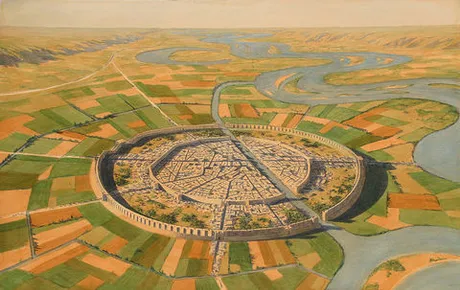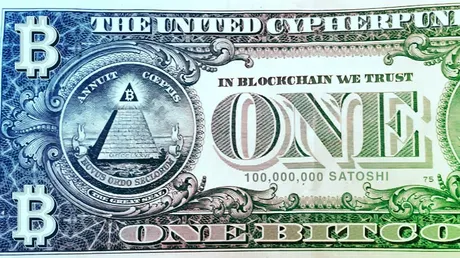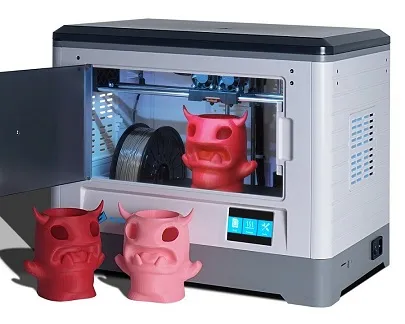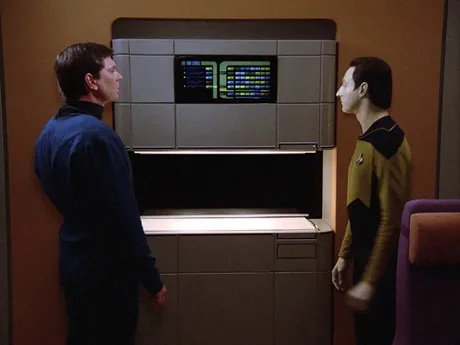
Many of us know that cryptocurrency and the blockchain are here to stay. It's not a matter of "if" it's a matter of "when". When will cryptocurrency become mainstream? When will decentralization take root in the world? No one knows, and even fewer are speculating what that actually means for the future.
My basic hypothesis is simple: everything is going to get decentralized. Money, production, government, healthcare, insurance, land, and many more will all shift into a decentralized state. It's easy to claim such a thing, but what does that actually mean?

For one, get ready for the return of city-states. A city-state is basically an entire country packed into a small area. In the old days Athens, Carthage, and Sparta were all city-states. They governed themselves and formed alliances to ensure self-preservation. Today, the best example of a city-state is Hong Kong. It's located in the middle of China but is still allowed to operate independently of the Chinese government. This is a big reason why Binance is headquartered there; the regulation is much more lax.
If the blockchain manages to decentralize government, city-states are an inevitable outcome. There will be thousands of territories that govern themselves for the most part. This is an exciting prospect, because it gives something to everyone. Anyone will be able to pick and choose the government that they want to be a part of. This creates a healthy incentive to be the best government that one can be to attract talented and loyal citizens. As it stands now, a monopoly on government exists whose only incentive is to exploit it's citizens without collapsing. The room for improvement is massive.

Money
This is the obvious target of cryptocurrency. We can all see that decentralizing money is the key to decentralizing everything else. Money is the core of corruption on Earth, and decentralizing it will make it quite corruption resistant.
Many people think that 2000 cryptocurrencies is way too many and that most will fail. Some even go so far as to say that one currency will rise to the top and become the "world currency". This thinking is rooted in the old ways of centralization and competition. The concept is diametrically opposed to decentralization and therefore impossible.
Think back on city-states. If there are thousands upon thousands of city-state governments out there wouldn't it make sense that there be at least that many cryptocurrencies? It's true, many blockchains will fail miserably, but not because there is competition. They will fail because they add zero value to the space. Their existence's sole purpose is a fleeting cash grab founded by greed. In a truly decentralized world, there will be thousands of valid currencies.

Production
3D-Printing and crypto are going to usher in a new age where anyone can be a producer. This breaks the enslavement cycle. No longer will people be forced to work for a corporation for significantly less than they are worth. The rat-race of the corporate ladder will fall as citizens begin to realize they can be their own boss. Many will even be able to work through the Internet anywhere in the world. Libertarians will form self-sustaining communities using open source technology to bypass the system entirely.
Just like city-states, 3-D printing alliances will be formed where different groups come together to make a finished product. Many centralized corporations will have to adapt to this new reality or be crushed under the weight of it.

Conclusion
It's hard to see how these things could become reality and change the very world as we know it. I wouldn't expect these things to happen for at least another 20 or 30 years. It may not happen soon, but it may happen soon™. Everything is relative.
Return from Future of Decentralization to edicted's Web3 Blog
